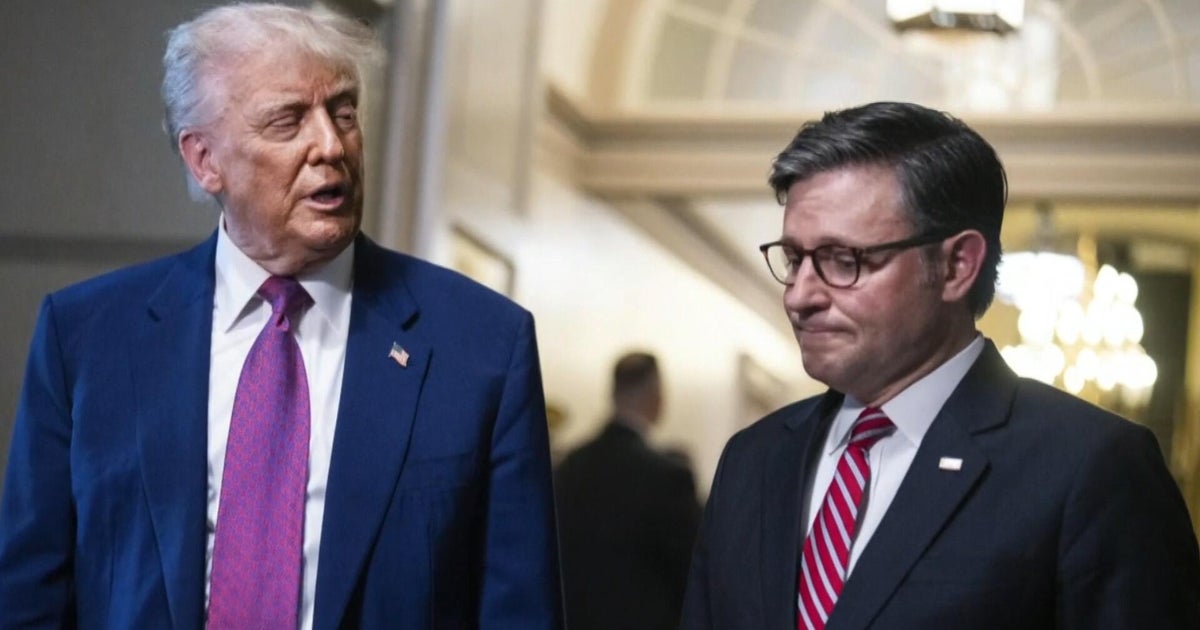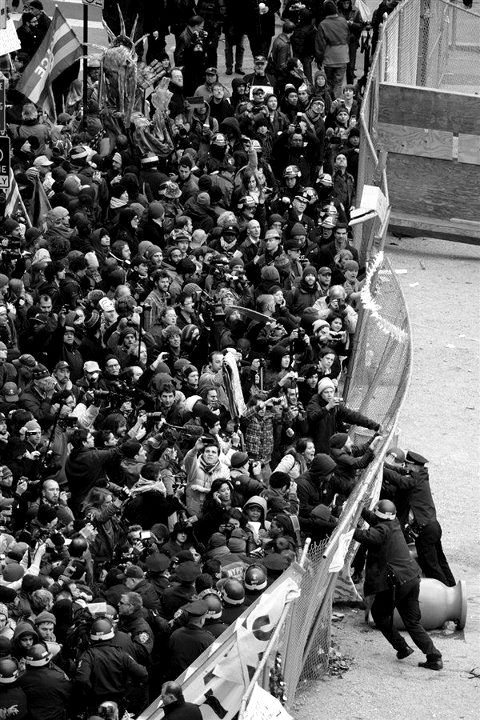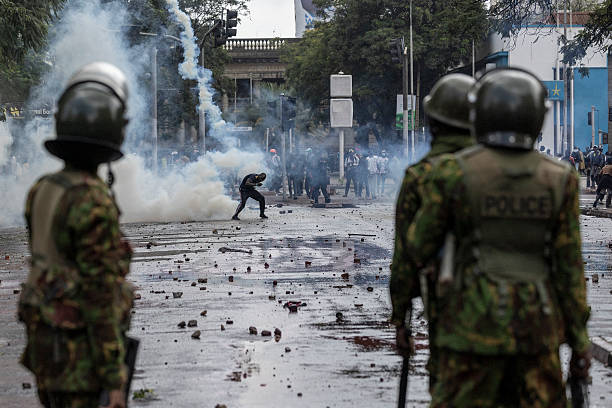Congressional Debate Over Trump's 'Big Beautiful Bill'

President Donald Trump's ambitious multi-trillion dollar tax cut and spending bill, dubbed his "big, beautiful bill," is facing significant hurdles in the House of Representatives, despite narrowly passing the Senate with Vice President JD Vance's tie-breaking vote. With a self-imposed July 4 deadline looming, House Republicans are in a race against time to secure enough votes, encountering resistance from both moderate Republicans concerned about its impact and hardline fiscal conservatives worried about the national debt.
The comprehensive legislation encompasses roughly $4 trillion to $4.5 trillion in tax cuts alongside deep spending reductions in health and social welfare programs, while simultaneously boosting funding for border security and national defense. Key tax provisions include making Trump-era tax cuts permanent, eliminating taxes on tips and overtime pay, introducing new deductions (e.g., $6,000 for older adults earning under $75,000), increasing the child tax credit from $2,000 to $2,200, raising the SALT deduction cap to $40,000 for five years, and allowing businesses to immediately write off 100% of equipment and research expenses. Conversely, to offset revenue loss, the bill proposes steep cuts to safety net programs such as Medicaid and food stamps. This includes new work requirements (80 hours/month) for able-bodied adults up to age 65, including parents of children 14 and older, and the introduction of a $35 Medicaid co-payment. On the spending side, the bill allocates $350 billion for border and national security, with specifics like $46 billion for the US-Mexico border wall, $45 billion for migrant detention beds (targeting 1 million deportations annually), $10,000 signing bonuses for 10,000 new ICE officers, $10 billion in grants to states assisting with deportations, new fees on asylum seekers, and $25 billion for the Golden Dome missile defense system.
Supporters of the bill, such as Representative Don Bacon (R-Neb.) and Republican Congressman Mike Kelly, argue that it offers critical benefits for middle-class Americans, estimating tax reductions of around 20%. Rep. Bacon noted that for a middle-class family in Nebraska, this could mean an annual saving of approximately $1,700. He also defended the Medicaid changes, emphasizing a focus on work requirements for able-bodied adults to encourage employment and transition to employer-provided insurance. Supporters believe that sparking new economic growth through these measures would offset predicted deficits and strengthen working families and small businesses. Senator Dave McCormick (R-PA) also voted for the bill, citing the need for stepped-up border security, increased defense spending, and less environmental constraints on energy production, despite acknowledging no bill is perfect.
However, the bill has drawn sharp criticism from Democrats and some Republicans. Former President Barack Obama urged Americans to oppose the legislation, warning it could strip health care from millions and raise costs for working families, specifically stating that over 16 million Americans are at risk of losing their health care due to cuts to Medicaid and the Affordable Care Act. Democratic U.S. Rep. Chris Deluzio, representing a Pittsburgh-area district, vociferously opposed the bill, claiming it would remove thousands of people from Medicaid (including 22,000 in his district and 500,000 Pennsylvanians statewide), potentially close up to five rural hospitals in western Pennsylvania, and inflate the national debt by an estimated $3 billion to $4 trillion over the next decade. He argues these massive debt increases would finance tax giveaways primarily benefiting the wealthiest individuals and corporations. The Congressional Budget Office (CBO) estimates further highlight these concerns, projecting that the wealthiest households would see an average annual benefit of $12,000, while the poorest Americans could lose $1,600. Moderate Republicans, as reported by ABC News, are particularly alarmed by estimates suggesting 11.8 million people could lose their insurance.
House Speaker Mike Johnson faces a daunting task, as Republicans can only afford to lose three votes from their party to secure passage. Reports from ABC News Capitol Hill Correspondent Jay O'Brien indicate that the House floor has been at a standstill, with about a dozen Republican holdouts remaining unconvinced despite direct appeals from President Trump. The delay has been exacerbated by Senate revisions to the bill, particularly concerning Medicaid provisions, which have angered several House conservatives and deepened internal party divisions. Negotiations continued into Wednesday night as the July 4 deadline approached, with the extension of the child tax credit and national defense spending hanging in the balance, underscoring the high stakes of this legislative battle.
You may also like...
Should There Really Be More Women in Africa's Parliaments?

Is there actually a need for women to contribute to policies and laws in African parliaments?
Eye in the Sky: Which African Countries Own Their Own Satellites?

Which African Countries Are in Space, and Why?
The Murder of Stephen Amoah: Lessons From Ghana in Crime Scene Investigation

What progress has been made in Africa in crime scene investigation, and what can the Stephen Amoah murder case in Ghana ...
Revolution vs Reform: What Africa Really Needs

This powerful piece explores the continent’s youth-led demands for dignity, accountability, and impact. From Burkina Fas...
The Next Silicon Valley? The Rise of Africa's Digital Creator Economy

A new wave of African entrepreneurs is leveraging social media platforms, digital art, and online communities to build b...
Africa’s Unity; A Lie We Like to Tell Ourselves?

Despite decades of Pan-African rhetoric, visa restrictions, xenophobia, and protectionism continue to divide the contine...
The African Podcast Boom: How Storytelling is Redefining Media Across the Continent
.png)
African podcasts are reshaping storytelling, blending tradition with digital innovation. Explore how creators amplify vo...
Youth Rising in Nairobi: The Protest Over a Life Taken Too Soon

A new sound is rising from the streets of Nairobi—not of political slogans dictated from podiums, but of chants shaped b...





